If you haven’t heard of probiotics yet, where have you been hiding?
After all, the commercial probiotics trade is a rapidly growing industry, with global annual sales expected to reach a staggering $42 billion in 2016.
Who knew bottled bacteria could be so popular?
Maybe you’re considering jumping on the probiotic bandwagon, or maybe you’re already on it but wondering if it’s time to get off.
Well, you know me, I like to help you guys out and make your lives a little easier. So here’s my straightforward guide to probiotics – what they are, what they do, and if they’re really necessary for good health.
- So, What Are Probiotics Anyway?
- What Are the Heath Benefits of Probiotics?
- Prevent or Ease Diarrhea
- Aid Brain Function & Mental Health
- Keep Cholesterol in Check
- Treat Inflammatory Bowel Conditions
- Boost Immunity
- Do We Really Need to Take Probiotics?
- Where Can I Find Probiotic Foods?
- Before You Take Probiotics
Table of Contents
So, What Are Probiotics Anyway?
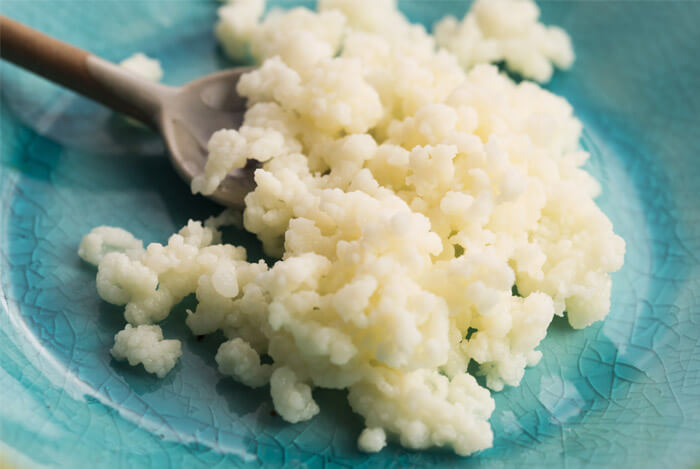
In a nutshell, probiotics are live bacteria (and some live yeasts) that live in our bodies.
That’s right, our bodies are full of bacteria. In fact, there is more bacteria in the human body than there are cells, with approximately 100 trillion microorganisms inhabiting the bowel alone.
But don’t reach for the anti-bacterial hand gel just yet. The vast majority of these little guys are super helpful.
These friendly microflora help us digest our food, absorb nutrients, and even break down some medications.
They also help:
- To replace ‘good’ bacteria in our body after taking antibiotics
- To lower the amount of bad bacteria that contribute to infections
- To balance the good and bad bacteria so our bodies run efficiently
The term ‘probiotic’ (which literally translates to ‘for life’) also applies to the food and supplements that contain live strains of beneficial bacteria. Probiotics have been defined in the American Journal of Clinical Nutrition as “any viable microbial dietary supplement that beneficially affects the host”.
While there are several different strains of probiotics, you’ll probably only recognize the two most common from yogurts and drinks cartons – Lactobacillus and Bifidobacterium.


What Are the Heath Benefits of Probiotics?
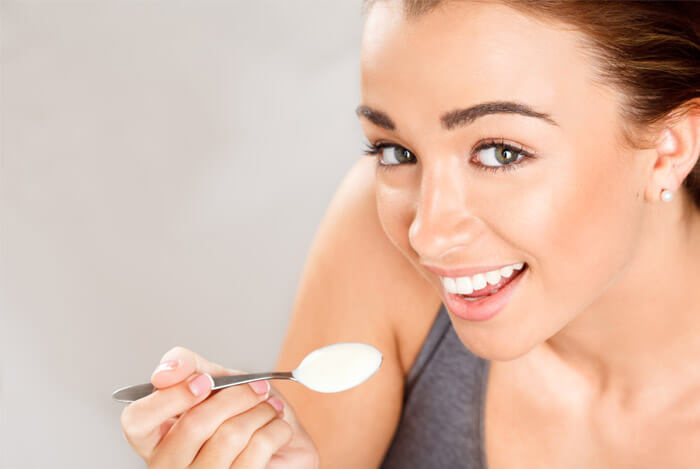
Probiotics are said to do everything from prevent cancer to assist in digestive disorders.
As with any food or supplement, some of the more outlandish claims are simply not backed up by any evidence.
I have to say, the research done on probiotics isn’t huge, and there are many conflicting findings out there.
Nonetheless, I’ve put together some of the more convincing arguments, backed up by studies of course, to help you decide if probiotics are right for you.
Prevent or Ease Diarrhea

Let’s kick off this list with the most well documented (although least glamorous) benefit of taking probiotics – the ability to ease or prevent diarrhea.
Several studies show that probiotics shorten the course of diarrhea in sufferers, particularly those with antibiotic-associated diarrhea (AAD).
What’s more, an analysis of 23 trials, studying 4213 patients, showed that probiotics are both safe and effective for preventing infectious diarrhea.
So, if you’re a bit out of sorts after traveling or taking a course of antibiotics, give probiotics a go and see if they lessen your suffering.
Aid Brain Function & Mental Health

Did you know that our brain and our gastrointestinal system are intimately connected?
So it’s not that ‘out there’ to consider that optimum gut health may lead to a healthy brain too.
And that’s exactly what researchers at UCLA now believe. While it’s long been known that the brain can affect the gut, these scientists have found that this connection may be a two-way street.
Just this year, a study at the Leiden Institute for Brain and Cognition in the Netherlands showed that participants who took probiotics had a significant reduction in negative thoughts, particularly those of an aggressive nature, indicating that this could lead to an overall reduction in feelings of depression.
Keep Cholesterol in Check
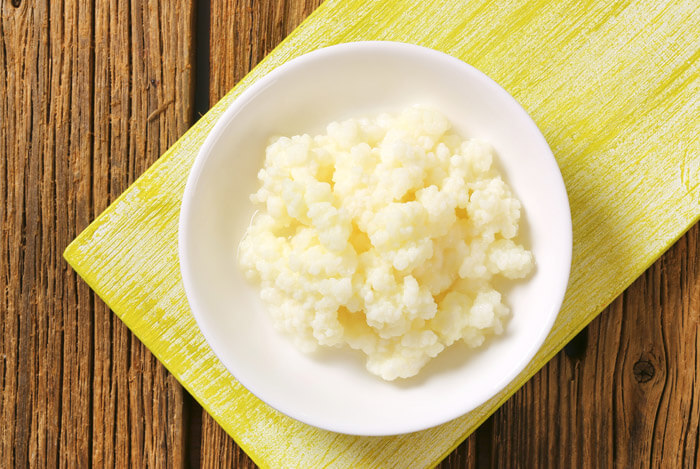
A 6-week study of middle-aged men showed that drinking 200 ml of fermented milk daily, significantly reduced total cholesterol and LDL cholesterol levels by 6 and 10% respectively. However, even though this study (and others like it) show that probiotics play a positive role in lowering cholesterol, other results are conflicting.
This may be because certain strains of probiotics have cholesterol-lowering properties, while others do not. But one thing is for sure, more studies are definitely called for before we can rely on probiotics alone as a cholesterol lowering remedy.
Treat Inflammatory Bowel Conditions
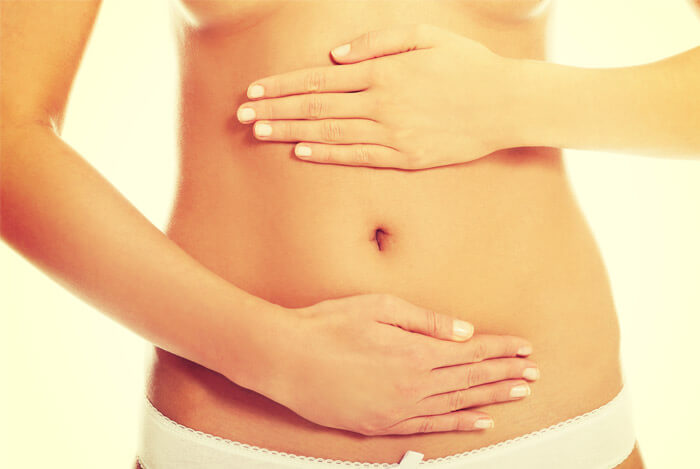
Since we’ve just seen that probiotics can help inflammation, it’s probably not too surprising that they can also help prevent or manage inflammatory bowel syndrome, as well as certain types of inflammatory bowel diseases, affecting up to 1.6 million Americans.
Certain probiotics might help:
- Irritable bowel syndrome (IBS) – this common affliction affects up to 45 million people in the United States. A review of 19 controlled trials, totaling 1650 patients, showed that probiotics appear to be efficient in alleviating symptoms associated with IBS.
- Prevent relapse of crohn’s disease – promising research has shown that friendly bacteria may maintain remission of this chronic inflammatory disease of the intestines.
- Avoid the recurrence of pouchitis – a daily dose of probiotics has shown effective in maintaining antibiotic introduced remission for at least a year in patients with recurrent pouchitis, a complication of surgery to treat ulcerative colitis.
Boost Immunity
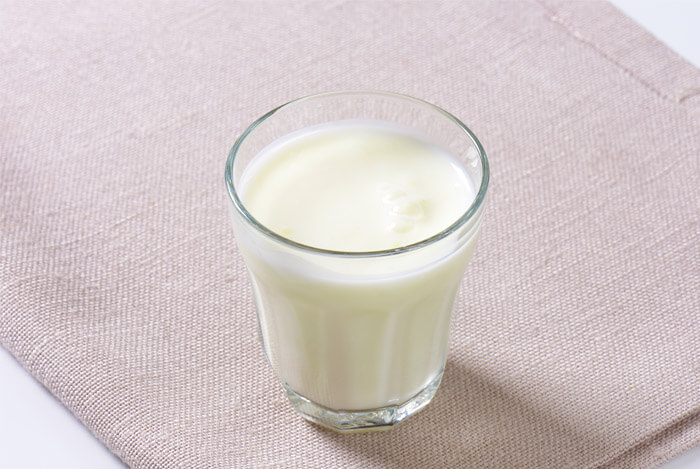
Certain bacteria in our gut is thought to influence the development of the immune system, and studies on probiotics have also been shown to have an overall effect on our immune health.
Even those who put their bodies under immense pressure, leaving them susceptible to illness, may benefit from a good dose of friendly bacteria. Probiotics have been proven to boost immune function in athletes, in one study, doses of this bacteria significantly reduced the number and length of infections suffered by long-distance runners.
As great as all this sounds however, results on the immune boosting properties of probiotics have been inconsistent. Other studies don’t support these findings, prompting the European Food Safety Authority to state that claims of probiotic foods affecting the immune system lack sound scientific basis.
Do We Really Need to Take Probiotics?
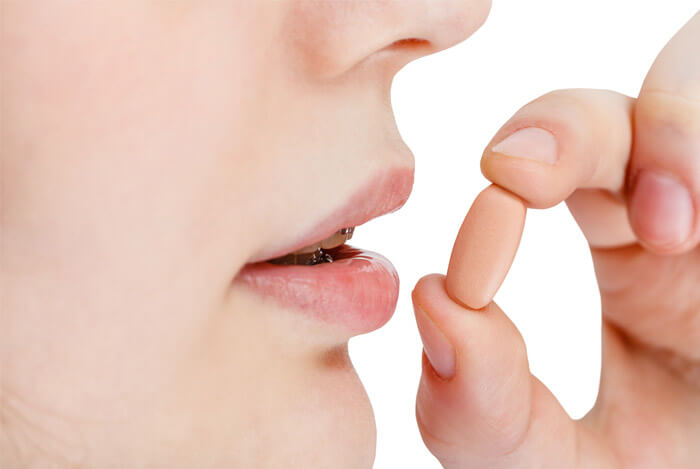
While the Mayo Clinic states that we don’t actually need to take probiotics for good health, they do recognize some possible health benefits of taking them for certain people.
If you fall into some of the categories listed above, taking probiotics may be worth trying, although the science is far from definitive.
Where Can I Find Probiotic Foods?
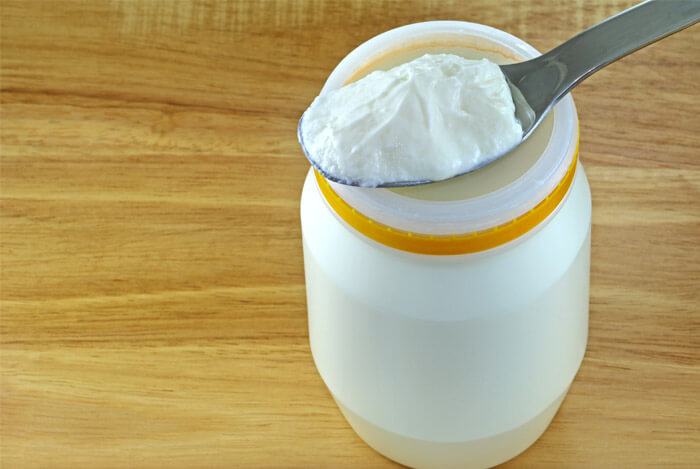
Like I said, the commercial market for probiotics is worth billions, so you shouldn’t have any trouble finding a source of beneficial bacteria, either in your local store or health food store.
You’re probably familiar with yogurts and dairy products that claim to be probiotic, but there are now even cereals, frozen yogurts, granolas, chocolate and cookies that claim to benefit your gut.
Of course, before the invention of probiotic-enriched foods, people have used whole foods since ancient times to provide the good bacteria needed for intestinal and overall health.
Try adding a variety of fermented foods to your diet such as natural yogurt, sauerkraut, miso, raw apple cider vinegar, kefir, kimchi and kombucha tea, to name just a few.
Before You Take Probiotics
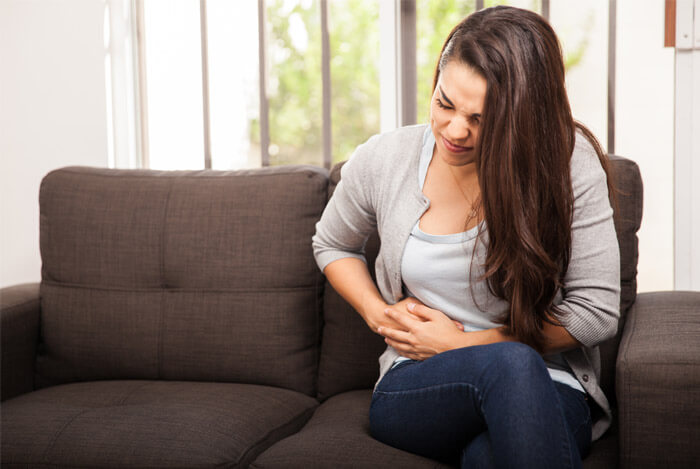
- Side effects are rare and, if they happen, are usually mild. You might experience upset stomach, diarrhea, gas or bloating initially but that should settle down once your body adjusts. If symptoms persist, or are severe, stop taking them and consult your doctor.
- If you are immune compromised, have certain bowel problems or other serious medical conditions, always consult your doctor before taking probiotics. Pregnant women as well as infants and children should do the same.
As always, I prefer to get the benefits of whole foods over supplements. At least that way, I get the antioxidants, vitamins, and minerals from these food sources in addition to any probiotic benefits they may bring.
Of course, probiotics aren’t a substitute for a healthy well-balanced diet – and research agrees with me…exercise and diet have been proven to have a big impact on our gut bacteria too!









